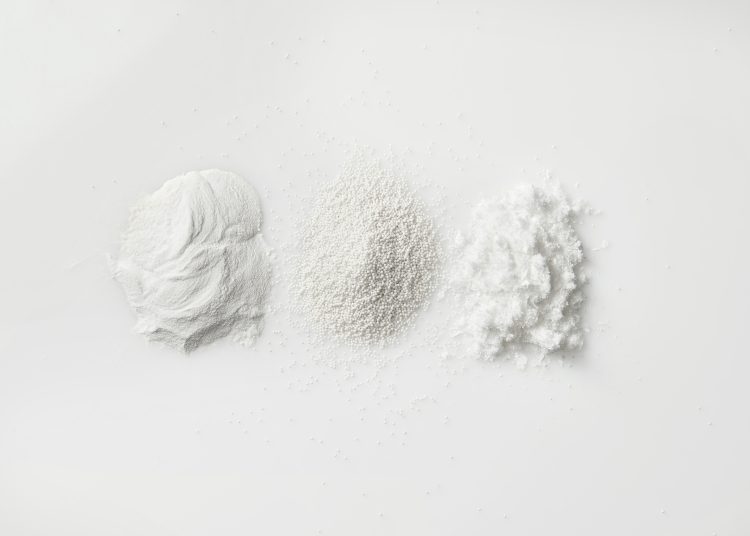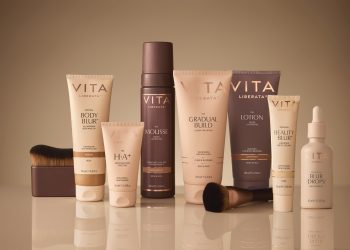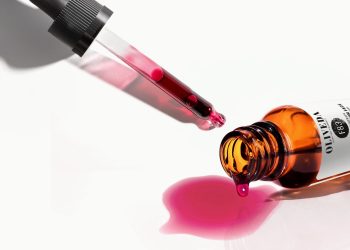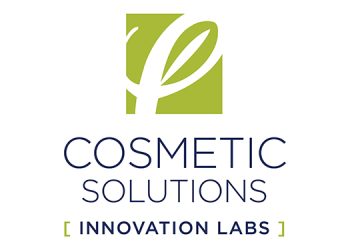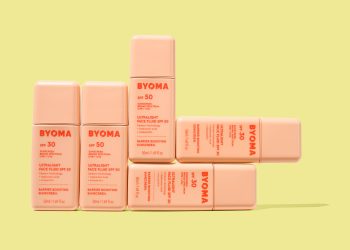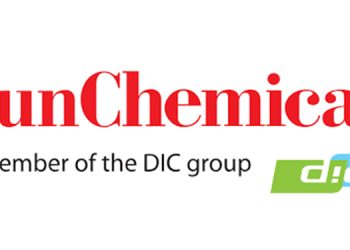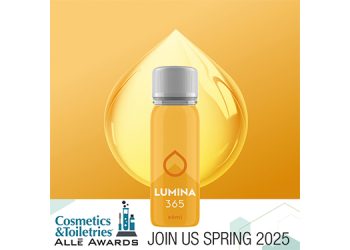Nordic Bioproducts Group (NBG) has announced that it has partnered with C.Q. Massó to make Microcrystalline Cellulose (MCC) more conveniently available for cosmetics manufacturers in Europe. The partnerships will not only strengthen supply chain reliability by reducing reliance on non-EU ingredient suppliers, but they also foster collaborative innovation towards more sustainable beauty formulations.
The European partnerships come at a critical time, as the beauty industry faces evolving EU regulations relating to harmful ingredients and traceability. Simultaneously, consumer demand for safer, environmentally responsible products is reshaping the market. MCC, derived from renewable wood-based resources, is emerging as a sustainable, versatile ingredient that addresses these needs.
“We’re excited to work with C.Q. Massó and others who share our commitment to advancing safer and more sustainable beauty industry,” says Olli Kähkönen, CEO and co-founder of Nordic Bioproducts Group. “Our collaborations go beyond distribution; together, we’re exploring MCC’s potential to replace fossil-based and other harmful ingredients in innovative new formulations. These partnerships pave the way for safer, high-performance alternatives that meet the industry’s most pressing challenges.”
Major brands are already making moves to take potentially harmful products off the shelves. Johnson & Johnson announced that it is stopping sales of its baby powder due to it containing mineral talc which can put babies’ health at risk.
Titanium dioxide is another problematic ingredient widely used in cosmetics. While it gives sun creams and kinds of toothpaste their signature white color, it is harmful to the environment, particularly sea creatures, as it’s released from sun creams. It has also been listed as a carcinogen and has been banned from use in food in Europe. Furthermore, the European Chemicals Agency recently announced that it had completed a pilot enforcement project, discovering that 6% of inspected cosmetic products contained banned hazardous substances.
However, innovation of replacements often takes years, which has slowed down the adoption of safer alternatives. One potential solution is cellulose, and, particularly, Microcrystalline Cellulose (MCC) and other cellulose derivatives. Produced from wood, a safe, natural material, microcrystalline cellulose has been proven multiple times to be a safe, environmentally sustainable, and easily accessed ingredient.
“Microcrystalline cellulose (MCC) shows great promise as a replacement for ingredients like talc, titanium dioxide, and fossil-based ingredients, offering comparable benefits without the associated personal or environmental health risks. Its potential as a safer, more sustainable alternative is becoming increasingly clear,” explains Kähkönen.
Sourcing the material is not a problem either. For example, NBG’s new Lappeenranta facility in Finland is the world’s first continuous production line of up to 10,000 tons of MCC annually. Environmental sustainability is at the core of its operations as it produces zero solid waste and uses a fraction of the chemicals, water, and electricity compared to traditional MCC production processes.


